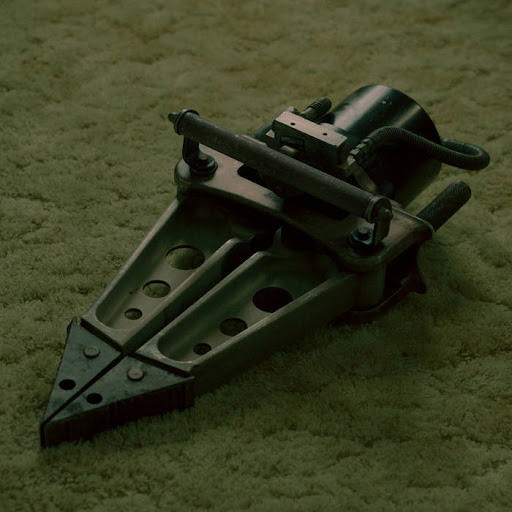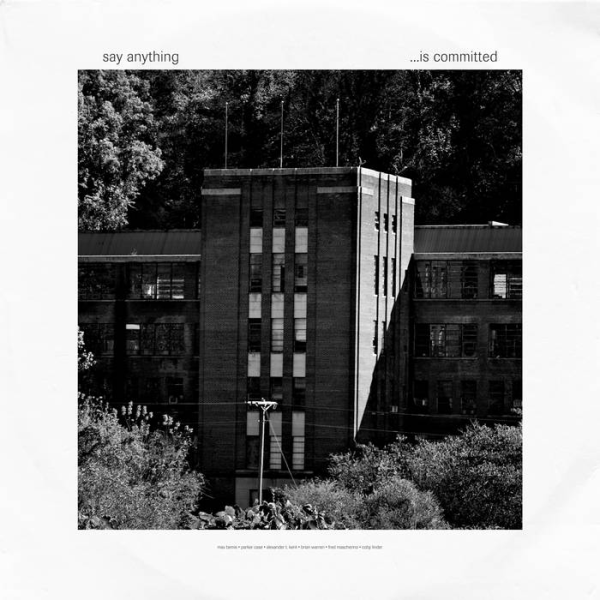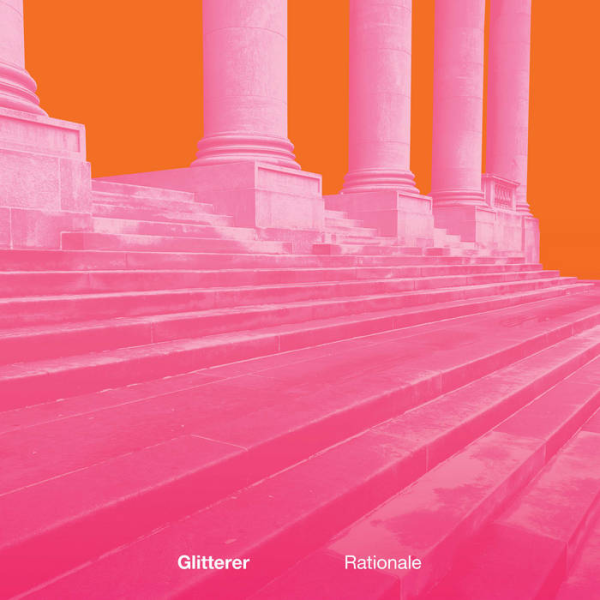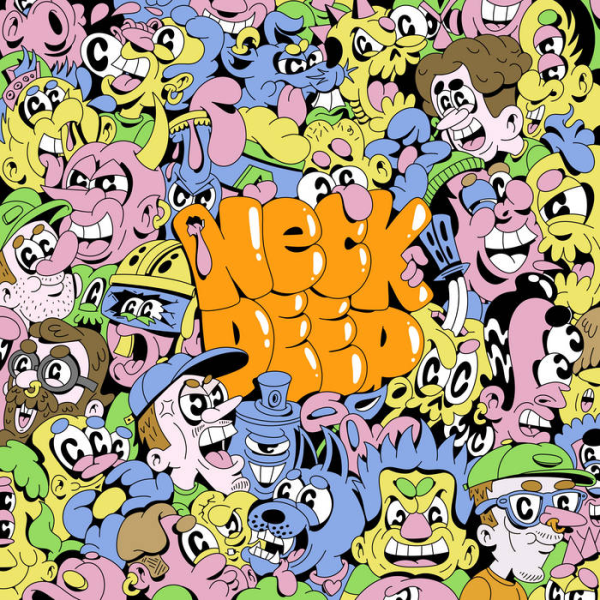Pierce the Veil’s “The Jaws of Life” Review
Seven years after their last release, “Misadventures,” Pierce the Veil finally dropped their long-awaited fifth album, exploring new sounds while simultaneously easing off the gas. “The Jaws of Life” marks a new era for the self-proclaimed “mexicore” veterans—that is, heavy music with Latin influence—as their first album since 2016, as well as without former drummer Mike Fuentes.

Photo taken from https://piercetheveil.bandcamp.com/album/the-jaws-of-life
Pierce the Veil has done a lot of maturing since their 2007 debut album “A Flair for the Dramatic,” for better or for worse.
The album starts strong and heavy, with the opening track “Death of an Executioner”, and the album’s lead single “Pass the Nirvana.” When compared to the band’s older projects, these songs aren’t shocking—they’re safe sounds, and follow the outline that they’ve made for themselves. They begin to slow down for a couple of tracks after this, focusing on melodies in ways that they haven’t much before. It seems they are relying on lead vocalist Vic Fuentes to carry the songs with his voice rather than their instrumentation.
The meat of the project is introduced on the title track and only lasts through the end of the following song, the eighth, “Damn the Man, Save the Empire.” They return to slower tempos and clearer vocals through most of the rest of the album, with the exception of some momentary volume and a scream or two on “So Far So Fake.”
Lackluster feels too harsh of a word because there are a few really strong tracks on the album, but the almost complete absence of their usual cultural influences and the missed opportunities regarding their talented vocalist are disappointing. There’s not much on this project that makes it stand out from the rest of its genre. Experimenting can be controversial for a band with as much intra-scene fame as Pierce the Veil, so the risk is respectable.
While a band can’t be expected to sound the same over the course of decades, this album certainly fell a little bit short, especially for how long it’s been worked on, with the band talking about it as early as 2018. As they shift toward a calmer vibe and grow both as individuals and as musicians, they may be falling back into more comfortable genres; this doesn’t mean that they’re a bad band now, or even that this is a bad album, but that maybe they just don’t have what they once did.







